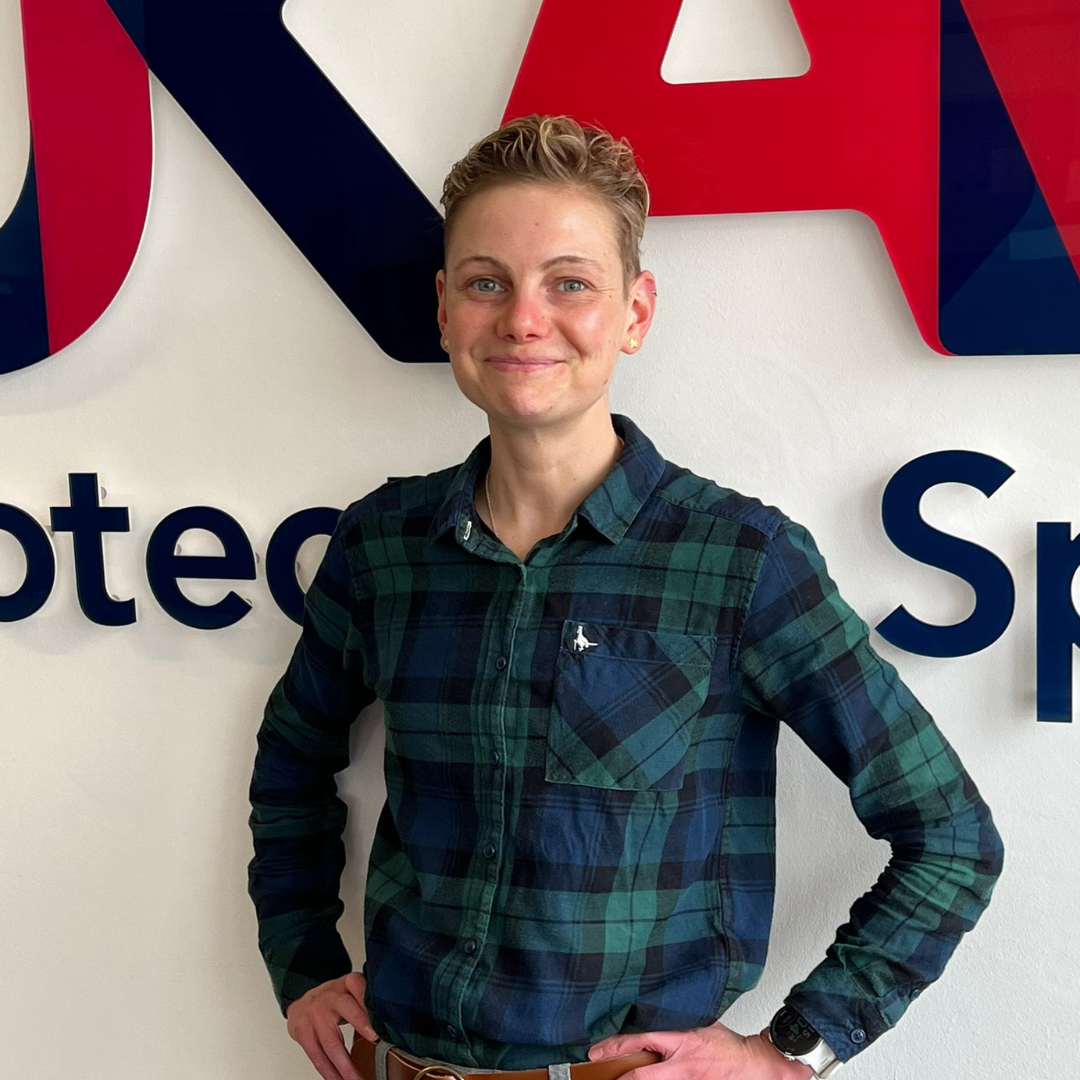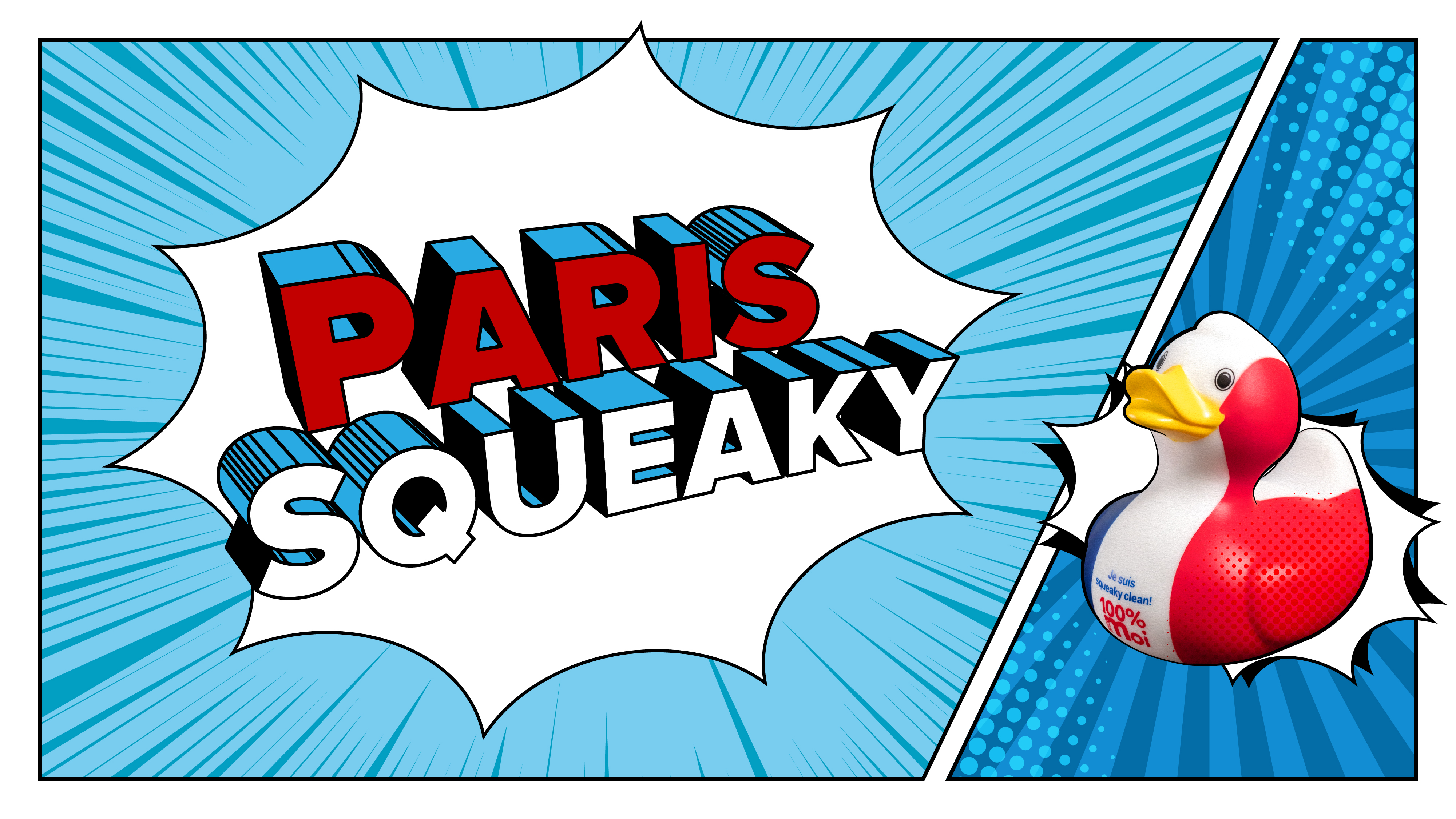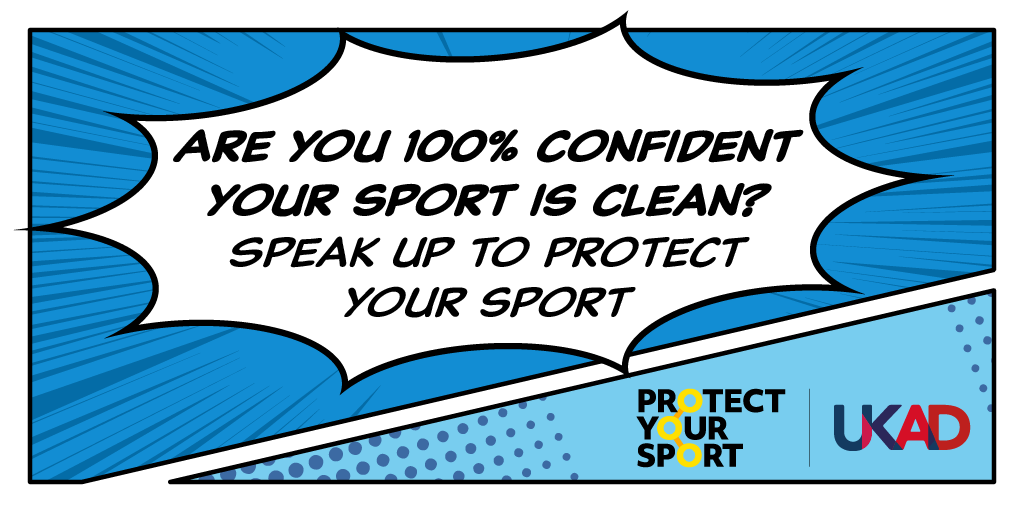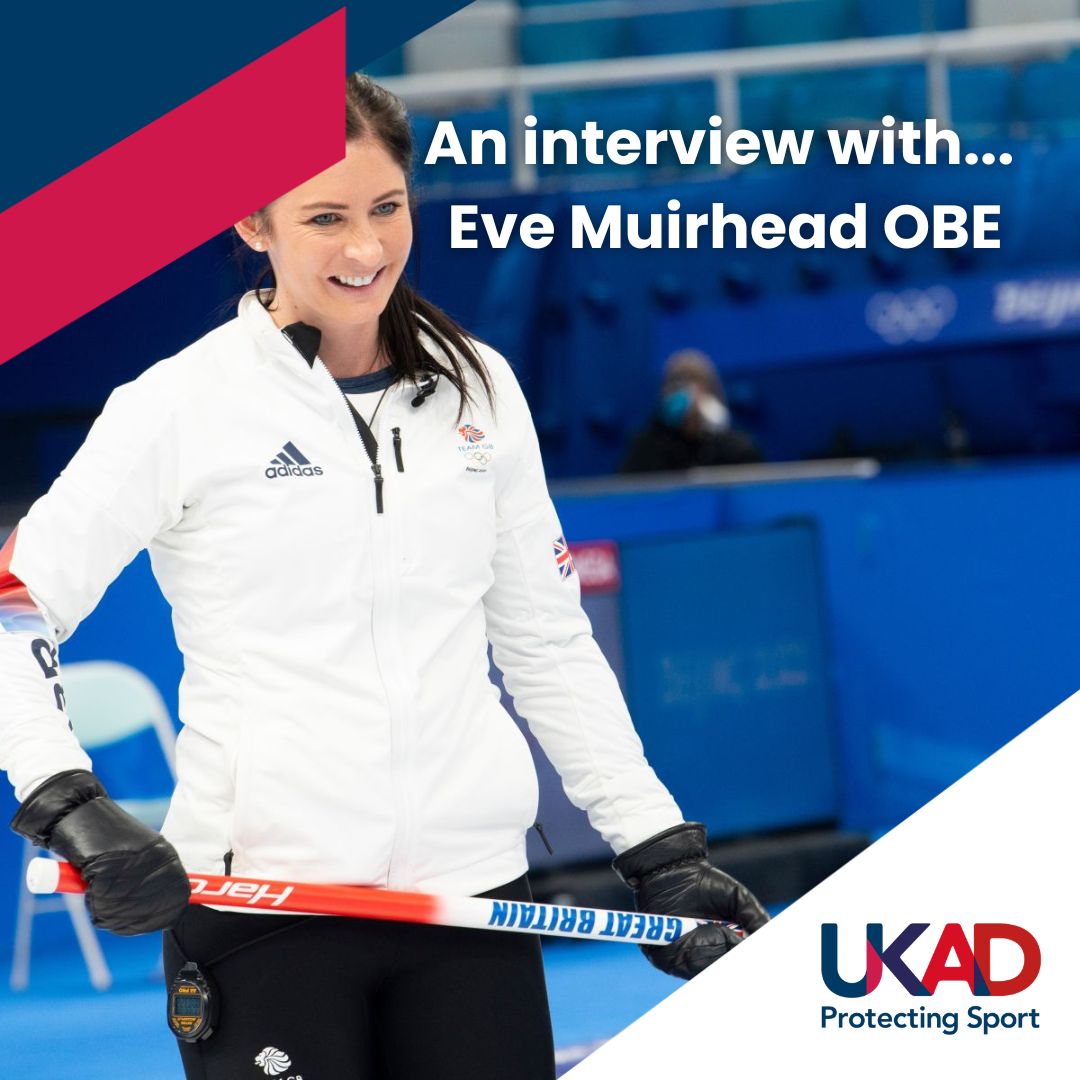UKAD in conversation with Beccy Payne, UKAD’s Medical Programmes Manager
To celebrate International Women and Girls in Science Day 2024 we spoke to UKAD’s Medical Programmes Manager, Beccy Payne to find out more about her career in science anti-doping…

Welcome Beccy. How did you get to where you are today as Medical Programmes Manager at UKAD?
My journey to UKAD began with a work experience placement at Bath University within Performance Sport. I was 14 years old at the time.
Fuelled by a passion for performance sport, I pursued Undergraduate and Master's degrees in Sport Science, specialising in Sports Biomechanics. Upon graduation, I pursued a number of part-time roles as an applied practitioner in biomechanics and performance analysis and as a coach providing support to World Class Programme and Talent athletes across multiple sports.
Seeking a full-time science-oriented role in performance sport, I came across the role at UKAD within its Science and Medicine Team. It was a perfect fit aligning with my dedication to performance in sport, and my personal and professional interest in athlete welfare and medicine.
Tell us about UKAD’s Science and Medicine Team?
UKAD’s Science and Medicine Team plays a pivotal role in the organisation's commitment to anti-doping efforts. The team operates the Athlete Biological Passport (ABP) and Therapeutic Use Exemption (TUE) programmes and manage the operation and development of Global DRO in close collaboration with its Partners.
The team is also responsible for coordinating UKAD's annual review of the World Anti-Doping Agency’s (WADA) Prohibited List.
We also provide a substance enquiry service to athletes and ASP providing information on managing on the risks of supplements, the anti-doping status of medications, and when and how to apply for a TUE.
What common questions do you receive from the athlete population regarding medicines and TUEs?
Athletes often ask about the anti-doping status of prescribed medications, whether they need a TUE, and the evidence required for a TUE application. They also seek guidance on the procedure for applying for a retroactive TUE when they aren’t required to apply in advance based on their sport and competition level. Providing clear answers helps athletes navigate anti-doping regulations correctly and in doing so uphold their anti-doping responsibilities.
What’s your experience of being a woman in sport and science?
It has been great to see the increasing presence and recognition of women in performance sports and science in recent years - as athletes, practitioners, and administrators. This is an extremely positive and exciting movement to be a part of.
I hope that by doing my job well and building a reputation as an expert and leader in my field I can demonstrate to young girls that gender shouldn’t be a barrier to pursuing their goals and ultimately inspire them to pursue careers in science and performance sport.
Who is your favourite woman in science – role model or mentor or historical figure?
It might sound cliché, but I have always looked up to my mum who has, and continues to, work as a hospital pharmacist for 40+ years. She completed a Master’s degree whilst working part-time at the hospital and bringing up two teenagers and is now a leader in her specific field of antimicrobial medicine. My mum has a relentless passion for what she does and providing frontline care for acutely sick patients.
In addition to my mum, growing up my role models were mainly my coaches, lecturers and training partners, who knowingly or not, gave me confidence to pursue what I am passionate about with dedication, resilience and integrity. Now as a working professional, I look to my colleagues, friends and teammates who are thriving as mums, professionals, and athletes or in some cases all three.



